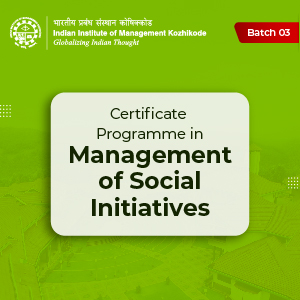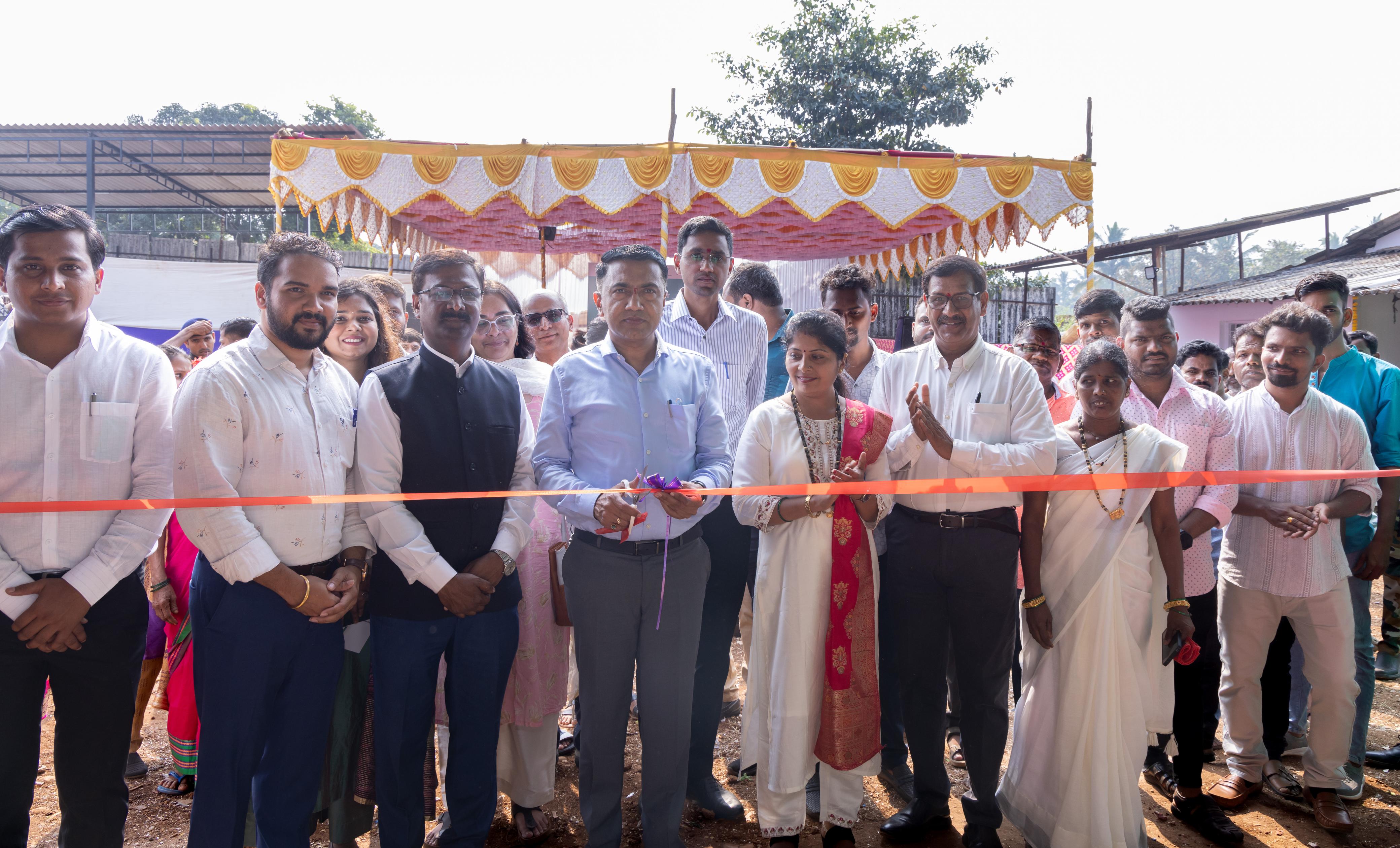Subscribe our Weekly Newsletter
Applications Invited for ISF 11th Call for Proposals to Support for Climate Risk Insurance products

Organization: InsuResilience Solutions Fund (ISF)
Apply By: 13 Nov 2024
Grant Amount: 15000 Euro
About the Organization
Natural disasters are a major impediment to development in many countries, undermining sustainable development, threatening earlier achievements in supporting vulnerable population, and leading to loss of lives and livelihoods. With climate change extreme weather events such as floods, storms and droughts are expected to increase in frequency and intensity. Aid often comes too little, too late – around one to six months after the disaster has struck - increasing the impacts of natural disasters by twofold and more. As an essential element of comprehensive risk management, climate risk insurance can mitigate the negative consequences providing reliable and fast financial support in the aftermath of extreme weather events.
The mission of the InsuResilience Solutions Fund (ISF) is to support innovative solutions to mitigate these negative impacts of climate change. Therefore ISF fosters the development of needs-based and financially sustainable climate risk insurance products in developing and emerging countries, increasing the resilience of vulnerable households against extreme weather events and natural catastrophes. As implementing programme of the InsuResilience Global Partnership, the ISF is an important contribution of the German Government to achieve the target of the international initiative on climate risk insurance, or 'InsuResilience'. The ISF further serves as an implementation vehicle for the Tripartite Agreement; for this purpose, the Project Coordination Unit (PCU) has been established.
About the Grant
The economic and financial losses caused by natural disasters have increased substantially over the last decades. It is expected that the frequency and severity of weather related events will further increase due to climate change. Developing and emerging countries are and will be particularly affected by these developments. Their capacities to cope with the effects of natural disasters and extreme weather events are limited. Traditional risk-sharing mechanisms and social safety nets fail by reason of the scale and effect of such catastrophic events. Access to insurance is limited in developing economies although insurance could effectively complement existing risk management strategies and reduce the vulnerability of countries and their population towards natural catastrophes. Insurance schemes reduce the dependence on public emergency assistance and compensate the affected in a direct way. Insurance pay-outs reach people much faster than emergency relief operations and more importantly, insurance can incentivize people to implement effective adaptation measures by leading to a reduction of the payable insurance premium.
The ISF's approach is unique as it aims to leverage the expertise of the private sector including risk taking capacities and to ensure the demand and sustainability of the developed climate risk insurance products.
The ISF seeks to increase the capacity of developing countries to adapt to climate change through the introduction and use of climate risk insurance products by
- supporting comprehensive climate risk analysis as a vital basis for governments, businesses and households to become more proactive risk managers and take informed decisions in defining needs-based climate risk management and adaptation strategies. Furthermore the Global Risk Modelling Alliance (GRMA) programme, initiated by the V20 and the insurance Development Forum (IDF) and hosted under the ISF, supports countries in strengthening their own climate risk modelling capabilities and in closing existing risk modelling and data gaps. The programme is implemented by a team of climate risk (finance) experts from the public and the private sector following a unique PPP approach.
- identifying possible concepts and basic structures of climate risk transfers via insurance solutions as an integral element of a comprehensive climate risk management strategy by funding studies on wider adaptation needs based on climate risk analysis.
- supporting the introduction and offer of innovative climate risk insurance products by co-funding the development of concrete insurance products.
Target Countries and Target Group
Target countries of the ISF are official development assistance (ODA) recipient countries as defined by the OECD Development Assistance Committee.
Target group of the ISF are joint initiatives of:
- (local) public entities (e.g. national and regional government bodies or communities),
- private companies in the insurance sector, and
- NGOs, humanitarian organisations.
Furthermore, the GRMA works on a demand basis with select countries that fulfill the following minimum criteria:
- Hold ODA status and are not listed on UN, EU or German sanction lists.
- Request modelling and capability development support on at least one of the following climate related hazards: wind/storm, flood, excess rain, drought, heat wave, cold spell either directly or indirectly .
- Confirm their engagement with a Letter of Intent (LoI) committing to appoint a focal point and provide free access to relevant public statistics and data.
- Mandate GRMA to commission modelling and data support on their behalf.
Focus areas:
The InsuResilience Solutions Fund seeks to increase the resilience and capacity of developing and emerging countries to adapt to climate change by:
- Supporting comprehensive Climate Risk Analysis as the basis for governments, businesses and households to become more proactive in risk management and to make informed decisions on climate risk management and adaptation strategies.
- Offering studies and advice for the development of new concepts for Climate Risk Insurance solutions that take into account the specific needs of vulnerable populations and
- Co-funding the development and market introduction of insurance products, as well as supporting the expansion of existing innovative Climate Risk Insurance products.
Eligibility
Institutions or companies (private or public, including civil society) legally registered in an ODA country that are interested in applying for grant-based co-funding under the 11th or the subsequent Call for Proposals and showing high potential to fulfil the ISF criteria are eligible to receive financial support of up to EUR 15,000 and advisory for the preparation of Concept Notes.
How to Apply
You are planning to develop, scale up or improve a Climate Risk Insurance product and are looking for financial support? Apply for the Call for Proposals of the ISF!
The 11th Call for Proposals is open now.
Application templates for the Concept Note development support must be submitted by 13 November 2024, 23:59 CET.
Further information on the 11th Call for Proposals here
Further information on the support for the preparation of Concept Notes here
For more information please check the Link
Latest Online Store
Latest Tenders And EOIs
Latest News
© Renalysis Consultants Pvt Ltd

.png)























.jpg)
